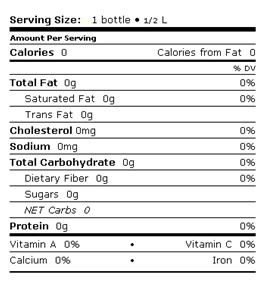AUSTIN, Texas, Oct. 7 /PRNewswire/ -- On Sunday, Oct. 10, Whole Foods Market and retailers across the country will celebrate Non-GMO Day to raise consumer awareness about the presence of genetically modified organisms (GMOs) in the food supply. Driven by the nonprofit Non-GMO Project, this Sunday's events are designed to send a wakeup call to consumers across the country.
"Most Americans aren't familiar with GMOs or aware of the extent of their use in food," explains Joe Dickson, Whole Foods Market's food, organic and environmental quality standards coordinator. "We invite our communities to stop by our stores and learn more about this issue. Together as consumers and retailers, we can make a difference and preserve our access to food produced without the intentional use of GMOs."
Little-known facts about GMOs:
GMOs are now present in 75 to 80 percent of conventional processed food in the U.S., according to the Grocery Manufacturers Association.
58 percent of Americans are unfamiliar with the issue of GMOs in food, according to a 2006 Pew Initiative on Food and Biotechnology study.
"Non-GMO" is the fastest-growing health and wellness claim on store-brand food labels, up 67 percent in 2009, according to Nielsen Co.
80 percent of Whole Foods Market shoppers surveyed said they would seek out non-GMO products with clear labeling, and would be willing to pay more for these products.
The FDA does not require food with GMOs to be labeled as such, so avoiding them is hard to do.
GMOs are banned or significantly restricted in 30 other countries around the world, including Australia, Japan and all of the nations in the European Union.
Unfortunately, due to cross-contamination and pollen drift, very few products in the U.S. are completely free of GMOs. The Non-GMO Project standard is a process-based standard that avoids the intentional use of GMO ingredients by providing suppliers with procedures and best practices for minimizing the presence of GMO ingredients.


